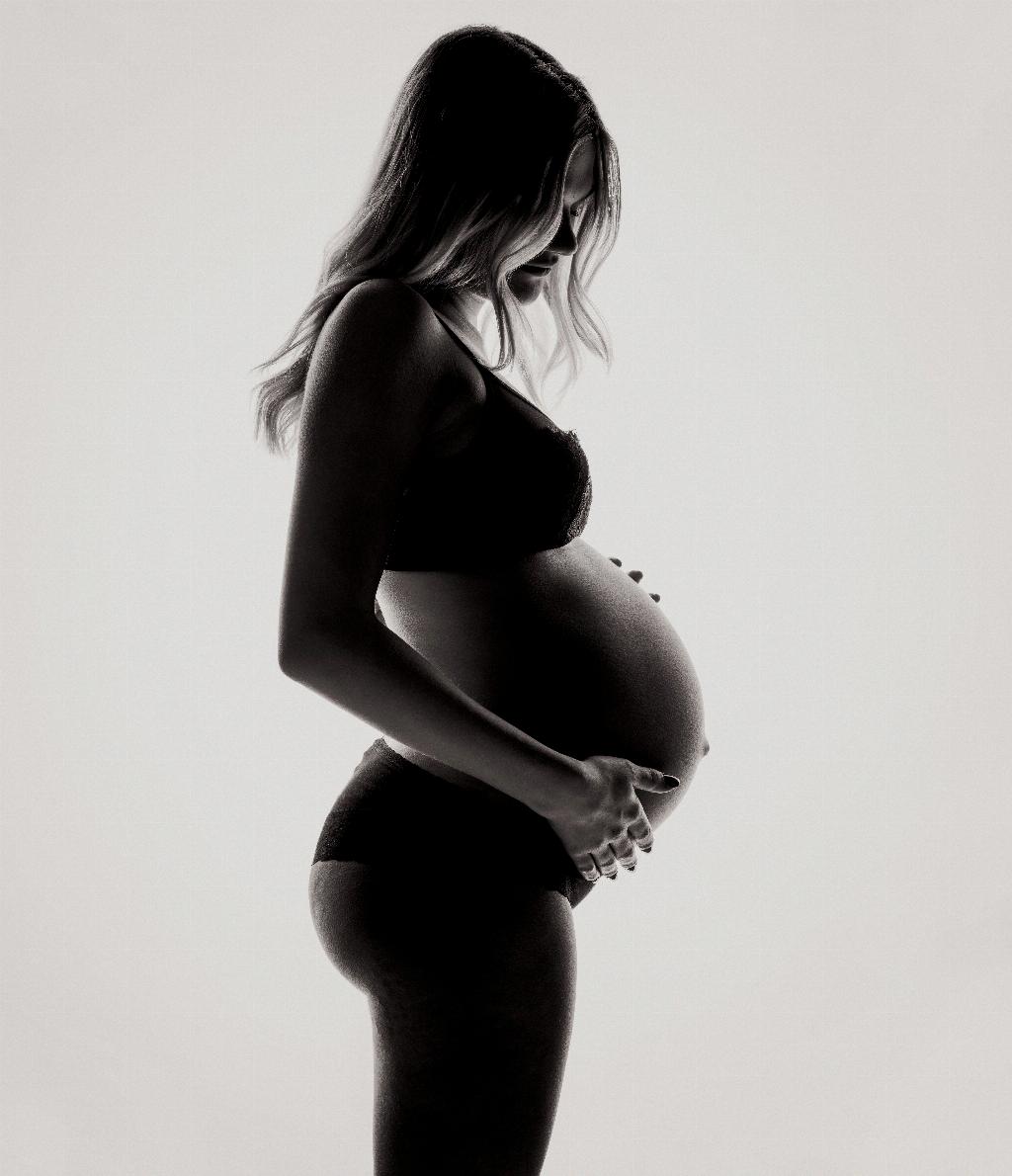Reaching the 30-week mark in your pregnancy journey is a significant milestone as you approach the final stretch before meeting your little one. This period is a time of growth and development for both you and your baby, and there are several key aspects to look out for during this stage.
Baby’s Growth and Development
At 30 weeks pregnant, your baby is growing rapidly, measuring around 39.9cm from head to heel – similar in size to a cabbage. Your little one’s eyes are also starting to focus, a crucial development that will continue both before and after birth, as their vision matures.
Maternal Changes
As your pregnancy progresses, you may notice changes in your body and emotions. At 30 weeks, you might experience increased fatigue, backaches, and difficulty sleeping due to your growing belly. It’s essential to listen to your body and take breaks when needed.
Braxton Hicks Contractions
During the third trimester, you may start to experience Braxton Hicks contractions – practice contractions that help prepare your body for labor. These contractions are typically irregular, mild, and do not increase in intensity. However, if you have concerns about the frequency or intensity of contractions, consult your healthcare provider.
Weight Gain
By 30 weeks, you have likely gained some weight to support your baby’s growth and development. While weight gain varies for each individual, it’s essential to maintain a healthy diet and regular physical activity to promote overall well-being during pregnancy.
Antenatal Appointments
Regular antenatal appointments are crucial during the third trimester to monitor both your health and the baby’s progress. These appointments may include blood pressure checks, urine tests, ultrasounds, and discussions about birth preferences and postnatal care.
Fetal Movement
Feeling your baby’s movements is a reassuring sign of their well-being. By 30 weeks, you should be noticing a consistent pattern of movement. If you experience a decrease in fetal movements or have concerns about your baby’s activity level, contact your healthcare provider immediately.
Preparing for Labor and Birth
As you approach the final weeks of pregnancy, it’s essential to start thinking about your birth plan and preferences. Consider attending childbirth education classes, familiarize yourself with different labor techniques, and discuss your options with your healthcare provider to feel more prepared for the birthing experience.
Emotional Well-being
Pregnancy can bring about a range of emotions, from excitement and joy to anxiety and fatigue. It’s normal to have ups and downs during this time. Make sure to communicate openly with your partner, friends, or a healthcare professional if you’re feeling overwhelmed or anxious.
Swelling and Discomfort
As your body retains more fluid during pregnancy, you might experience swelling in your hands, feet, and face. To reduce discomfort, elevate your legs when sitting, stay hydrated, and avoid standing for prolonged periods. If swelling is sudden or severe, contact your healthcare provider.
Preparation for Parenthood
As your due date approaches, take time to prepare for the arrival of your baby. This may include setting up the nursery, washing baby clothes, packing your hospital bag, and discussing postpartum care plans with your healthcare provider. Planning ahead can help alleviate stress as the big day draws near.
Self-care and Rest
Amid the physical and emotional changes of pregnancy, remember to prioritize self-care and rest. Pamper yourself with a soothing bath, indulge in a good book, or practice relaxation techniques such as prenatal yoga or meditation. Taking time for yourself is essential for overall well-being during this transformative time.

